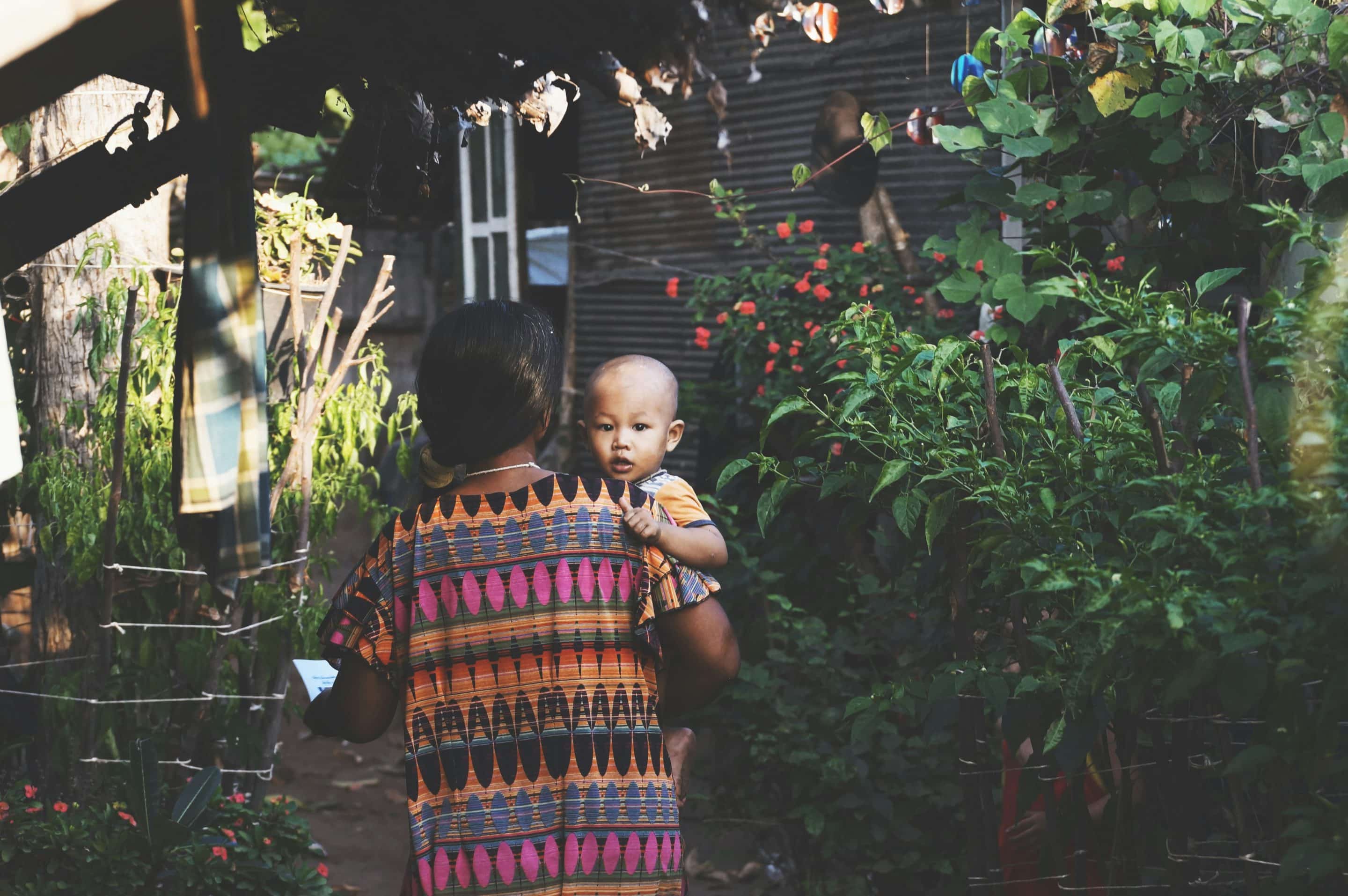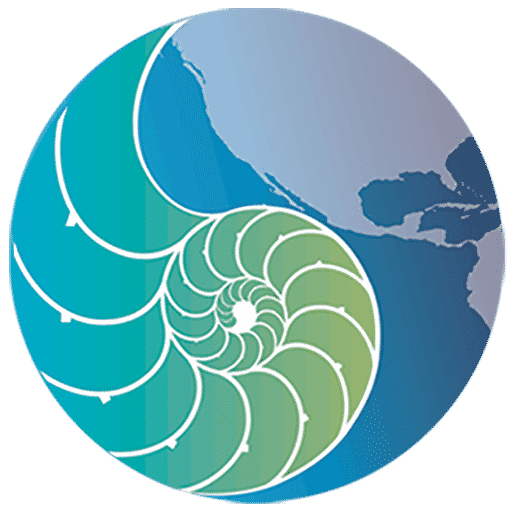Talking to Your Family about “Tripping”
Ah, the family get-together – a time for laughter, delicious meals, and the inevitable weird dynamics that make your family uniquely yours. As the aroma of your mom’s cooking fills the air, your uncle dishes out his latest political commentary, and your grandma declares her dessert preferences, you ponder a topic that may not fit the typical dinner banter: psychedelics.
Maybe your family doesn’t quite grasp your journey into the world of psychedelic healing and exploration. Perhaps they view these substances as taboo or unhealthy. But you’re left with the burning itch to share more about these plants and substances that have given you so much, armed with both information and a sprinkle of levity we can begin to bridge the gap between generations and navigate “the psychedelic conversation”.
This isn’t just about sharing facts; it’s an invitation to share your inner world, to allow your family and friends a unique glimpse into the transformative experiences that have shaped your perspective and potentially help them to open themselves up to new realities and other ways of being.
Navigating “the Psychedelic Conversation”
Some family members might still hold onto the notion that psychedelics are nothing more than dangerous and illicit drugs that wreak havoc in the mind, inducing states of “madness” or “brain damage”. However, this is a perspective that was largely perpetuated through Nixon’s “War on Drugs” and the problematic prohibitionist policies and propaganda campaigns that followed. This campaign, fueled by political and social concerns, sought to combat drug abuse and trafficking, but eventually contributed to the stigmatization of various substances, including psychedelics.
The excessive negative media portrayal of hallucinogenic drugs, coupled with the political rhetoric framing drug use as a societal menace during the “War on Drugs”, created a perfect storm of misinformation that created a moral panic. This distorted narrative not only shaped public opinion around the perceived threat of psychedelics but also sowed seeds of fear and misunderstanding within society. The suppression of scientific research into the potential benefits of psychedelics further exacerbated this issue, hindering a generation from accessing evidence-based information that could have shed light on the therapeutic potential we are only now beginning to appreciate.
The disproportionate targeting of minority communities in drug law enforcement not only perpetuated racial biases but also contributed to misconceptions about drug use and plant medicine. This discriminatory approach overshadowed the centuries-old wisdom of indigenous communities, who have long advocated for the healing properties of plants turned into drugs. Dismissing the value of nature’s guidance as an equally important source of knowledge has deprived us of a holistic understanding of psychedelic healing. By recognizing the cultural and historical significance of plant medicine in indigenous practices, we can bridge the gap between traditional wisdom and scientific research, fostering a more comprehensive and enlightened approach to our relationship with psychedelics.
Modern studies, such as those conducted by institutions like Johns Hopkins University and Imperial College London, are revealing the therapeutic potential of psychedelics in treating mental health disorders and promoting emotional and psychospiritual well-being, slowly having a knock-on effect on legislature and policy. It’s crucial to educate your family about these findings and reassure them that responsible and intentional use is a far cry from the negative, and often false, stereotypes associated with drug abuse. For example, it has been shown that classic psychedelics generally do not lead to addiction or dependence.
Even if your family struggles to fully comprehend your experiences, be open about your encounters with plant medicine while discussing the growing interest among researchers and mental health professionals in the therapeutic applications of psychedelics. For instance, studies have shown promising results in using psilocybin, the active compound in magic mushrooms, to alleviate symptoms of depression, anxiety, and post-traumatic stress disorder. Professor Robert Cahart-Harris, esteemed former Head of the Centre for Psychedelic Research within the Division of Brain Sciences at the Faculty of Medicine, Imperial College London, has made significant contributions to the understanding of psychedelics. His research delves into a spectrum of approaches, unveiling the potential therapeutic benefits of these substances; from investigating their impact on mental health conditions such as depression and anxiety to exploring their role in promoting consciousness expansion and personal growth.
By also sharing personal anecdotes, your path into enhanced self-awareness, and experienced positive changes we can begin to share our changed perspective that has emerged from your psychedelic experiences. Your family can get an experiential account seeing how these insights have contributed to your overall well-being.
Psychedelic Learning Curves
It’s important to recognize that some family members may be in the process of learning about the effects and healing properties of psychedelics. Encourage open-mindedness and assure them that you intend to shed light on the benefits of understanding.
Tapping into the rich history that goes beyond contemporary stigma can also help to illuminate the sacredness and spiritual valence of these plants. Psychedelics aren’t just recreational substances; they have a profound potential for mental health and spiritual well-being, helping us connect with each other and with the Earth that sustains us. Research from institutions like our co-publishing partner, the Multidisciplinary Association for Psychedelic Studies (MAPS), indicates that substances like MDMA, commonly associated with recreational use, are effective in supporting the treatment of PTSD.
For the older generations, emphasizing how psychedelics can serve as tools for reconnecting with oneself can promote a healthier relationship with them, bringing a deeper sense of purpose. In the later stages of life, embracing psychedelic experiences can serve as a profound catalyst for finding ease, cultivating a deeper sense of fulfillment, and fostering a more harmonious relationship with oneself and the inevitability of our mortality. Psychedelics, when approached with intention and respect, have shown the potential to unlock buried emotions, stimulate introspection, and provide individuals with a renewed perspective on their life journey. This newfound insight can lead to a greater acceptance of oneself, allowing for a release of long-held burdens and a sense of inner peace. Moreover, confronting existential questions often associated with aging, such as the contemplation of mortality, can be approached with a newfound clarity and understanding through the lens of these experiences.
Fostering Empathy
The extraordinary quality of psychedelics in enhancing empathy is a profound aspect that merits exploration. The heightened sense of empathy experienced during psychedelic journeys opens a door to understanding and connection, not only within oneself but also in the context of interpersonal relationships. This capacity for empathy can be particularly transformative in addressing familial dynamics and resolving conflicts. By potentially allowing for a deeper understanding of each other’s perspectives, psychedelics may offer a unique tool for families navigating challenges. This aspect extends beyond individual healing, potentially contributing to a more harmonious and compassionate family unit. The increased empathy facilitated by psychedelics becomes a bridge, inviting family members to approach discussions with greater understanding, compassion, and a shared commitment to growth and connection.
However, we are aware that engaging in a conversation about psychedelics with family members can be challenging. Adopting certain strategies and tool can help navigate these discussions smoothly. Firstly, taking deep breaths before initiating the conversation can help you remain calm and composed. It’s essential not to force the topic; instead, introduce it gradually and gauge the receptiveness of your family members. Going a little bit at a time and being patient allows the information to sink in without overwhelming them. Additionally, having a trusted friend available to call upon in case the conversation takes an unexpected turn provides a valuable support system. This friend can offer guidance or simply be a listening ear, helping you navigate the discussion with grace and understanding. Remember, creating an open and non-confrontational space for dialogue is key to fostering understanding and dispelling misconceptions.
Remember, you’re not alone in your journey. Our community is filled with wonderful psychonauts ready to offer support and guidance. If you feel the need for extra support during your conversation with family, consider opening up the discussion by sharing some insightful psychedelic books or proposing to watch enlightening documentaries. Synthesis Retreat has curated a fantastic list that could serve as a great starting point for a thoughtful and informative exploration together. This way, you can introduce the topic in a constructive manner, fostering understanding and creating a space for open dialogue.
Approaching the topic of psychedelics with your family may seem daunting, but a combination of information, honesty, and a sprinkle of humor can pave the way for a constructive conversation. This journey is not always about convincing them to embark on a psychedelic journey themselves; it’s about fostering understanding, breaking down stereotypes, and fostering open-mindedness within the people you love. So, next time you’re gathered around the table, don’t shy away from this unconventional conversation – your family may just surprise you with their openness to new perspectives. Cheers to breaking down barriers and embracing the journey together!

